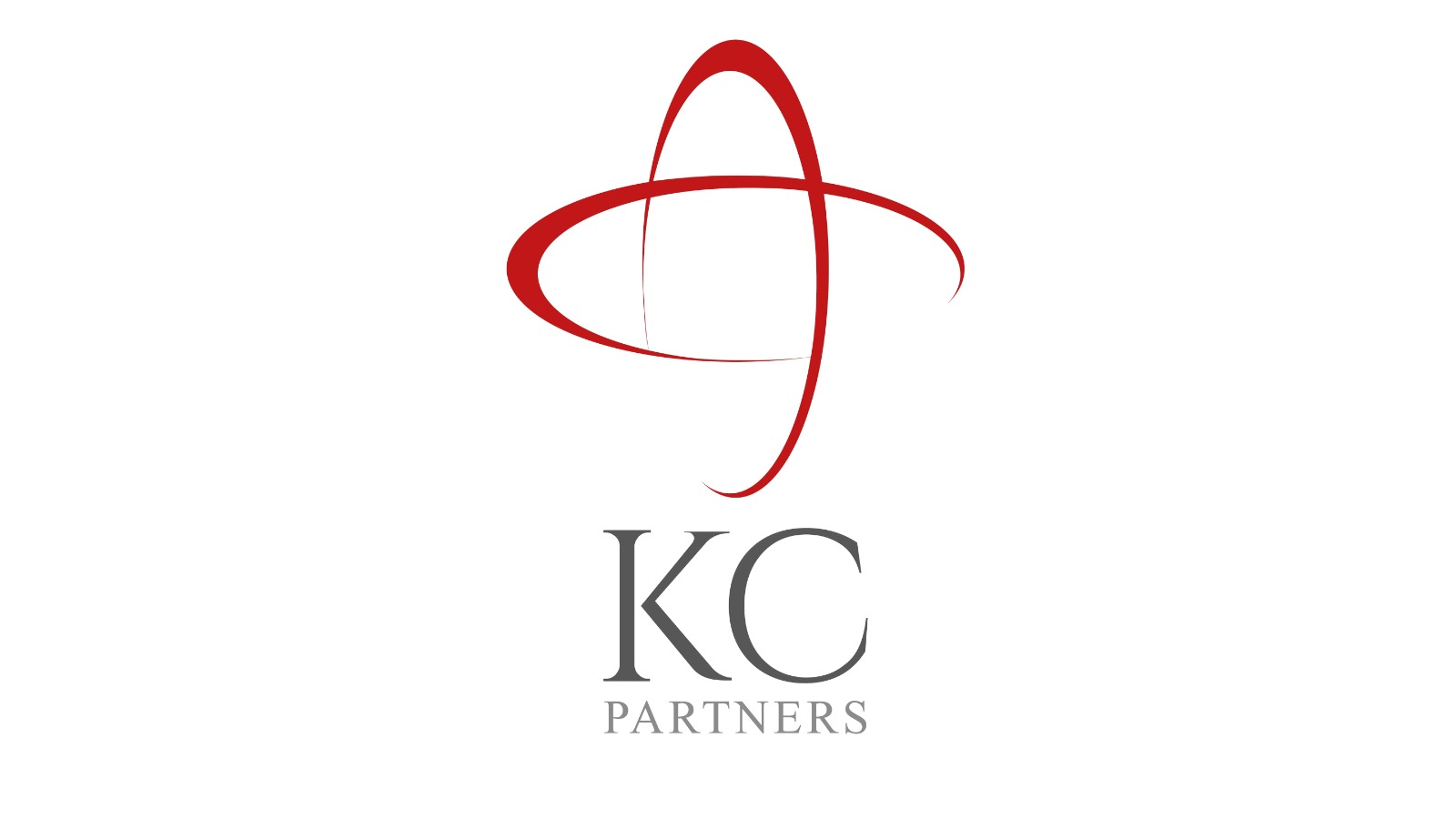This depends on the firm and what traditional methods the firm uses and is also prepared to include or modify in order to find prospective candidates for their active or passive vacancies. We have outlined a few points for consideration when looking to handle a remote hiring process, which enables employers to take extra safeguarding measures whilst embracing modern-day resources.
Everyone wants to make the right hire, so make sure you are open to effective change to ensure you do not lose out on top talent. So, don’t just stick to the “we have always done it this way for our recruitment” mentality.
We have put together a short guide of questions you can ask to ensure you successfully and efficiently hire employees remotely.
This may be via your firm website, LinkedIn Adverts, Careers portal etc.
An employee or colleague, or someone you know personally outside of your company, recommended the candidate.
An agency that sources candidates & screens them on your behalf.
Be flexible. Dealing with the hiring process for a remote employee is probably completely different to your typical hiring process. Don’t be afraid to be flexible and adapt to new ideas or situations that arise.
Remember, culture is incredibly important. Especially if this new employee will eventually be joining the rest of the team in an office environment. Ensure you observe the candidate throughout the application process. The way they respond to phone calls, emails and video interviews will indicate how they’ll behave on the job and in the office. Don’t be afraid to adapt your remote hiring process to be as rigorous as you can in order to effectively safeguard your business.
Most businesses that have remote employees will agree to a trial period as a precautionary measure. A trial period enables you to see how skilled the candidate is for the role, how well they are able to learn and hw effective they are at working remotely. Most Lawyers will not agree to a trial period or Fixed-Term Contract (FTC) if they are already in a permanent role. As a result, the best way to safeguard your business will be through a probation period, which most businesses already have.
Employees that are taken on remotely may struggle to feel connected with their employer. This is heightened if they have never met in person or visited their offices. Make sure you take your new employee through an onboarding process to ensure that they transition smoothly into your business.
Check out our article on how to remotely onboard new employees here.
There is always a risk with any new hire, and whilst as the Employer you may feel you are taking on all the risk, that is simply not the case all the time. Candidates in stable jobs have typically built up goodwill, are highly regarded and well remunerated in their current firms. As a result, they too share some of the risk when considering a career move via a remote hiring process. Particularly if the candidate was more passive than active during the point of submission.
Above all, it is important that you, as the employer, conduct a professional, robust virtual screening process and adopt a number of strategies to ensure the candidate feels the move is right for their overall career development. Thus, mitigating potential risk.
At KC Partners, we thoroughly screen all of our candidates to ensure they are the right fit for our clients. We have also tried & tested this method for our own team, and successfully onboarded a new employee remotely.
Find more of our helpful resources here!
Disclaimer: The information on this website is for general guidance and should not be relied on or treated as a substitute for specific advice relevant to particular circumstances and is not intended to be relied upon by you in making (or refraining from making) any specific decisions. Thus it is not legal advice.

Wish to join the team?
Send us your CV/Resume at [email protected].

Sign up for our exclusive newsletter and become a part of the Legally Speaking Podcast community!
You have successfully joined our subscriber list.